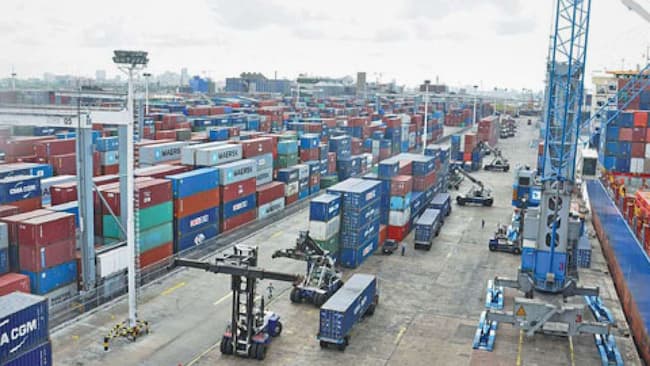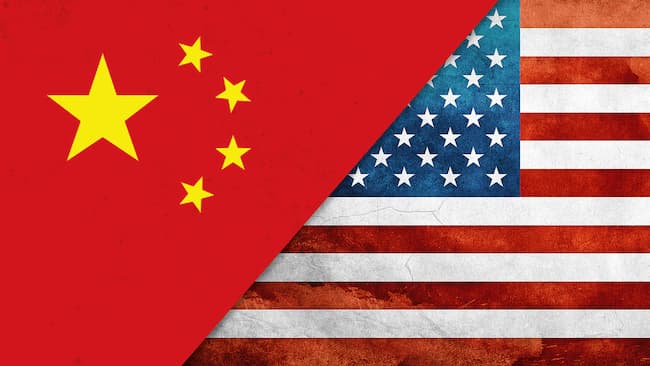In order to guarantee that all facets of society benefit from the export industry, the federal government has promoted inclusive growth. As part of its oversight role of federal government agencies and parastatals under the Federal Ministry of Industry, Trade, and Investment, the Senate Committee on Trade and Investment, chaired by Senator Sadiq Umar, informed the council of this during a visit.
He pointed out that women, young people, and small and medium-sized businesses would all be able to take advantage of increased economic prospects if the export sector expanded. The committee emphasized that in order to boost the nation’s foreign exchange earnings, non-oil exports must rise.
Umar emphasized the need to address the issue of informal/cross-border trade along the trade corridors, source more funding to drive export activities, and increase capacity building for exporters, especially SMEs, youth, and women, to ensure inclusive economic growth.
He highlighted the importance of addressing yam export challenges and the necessity for collaborative efforts among stakeholders to improve the quality of yam exports and minimize or eliminate incidents of export rejections, among other concerns.
The Chief Executive Officer of the Nigerian Export Promotion Council, Nonye Ayeni, who received the delegation, noted some of NEPC’s export intervention programs and projects targeted at doubling export growth under the council’s flagship campaign program tagged ‘Operation Double Your Export for Job Creation and Economic Growth’.
According to Ayeni, some of these programs include the operationalization of the DEWs and the NEPC Export Mentorship Programme, which is targeted at building capacity for would-be exporters, especially the youth.
She stated that this was in a bid to stimulate an export culture, the creation of aggregation centers to enhance the quality of exportable products, and increase the volume and value of made-in-Nigeria products.
“As well as export 35 redefined and the global certification targeted at enhancing the quality of Nigerian products in the international market to attract a premium price,” she added.















